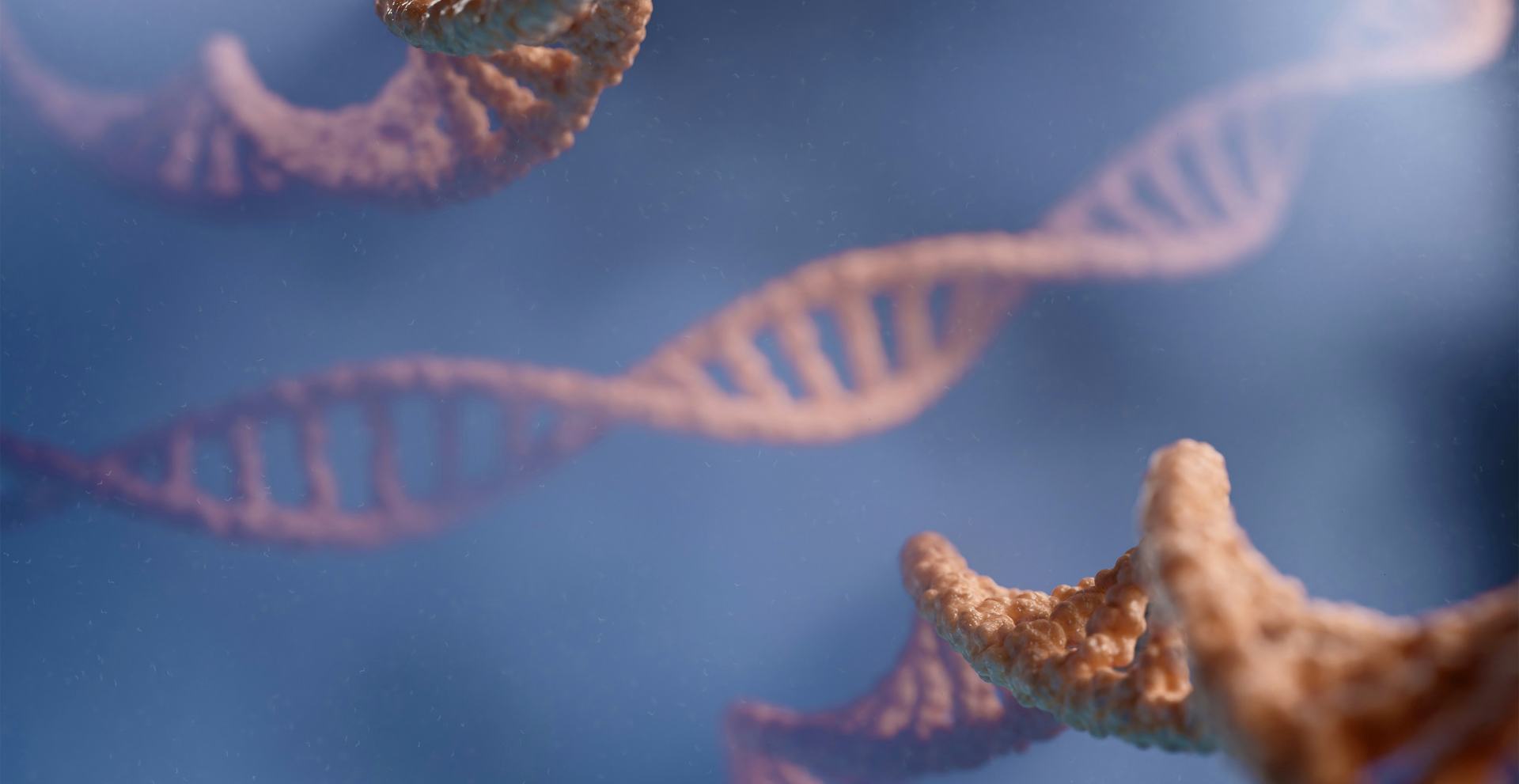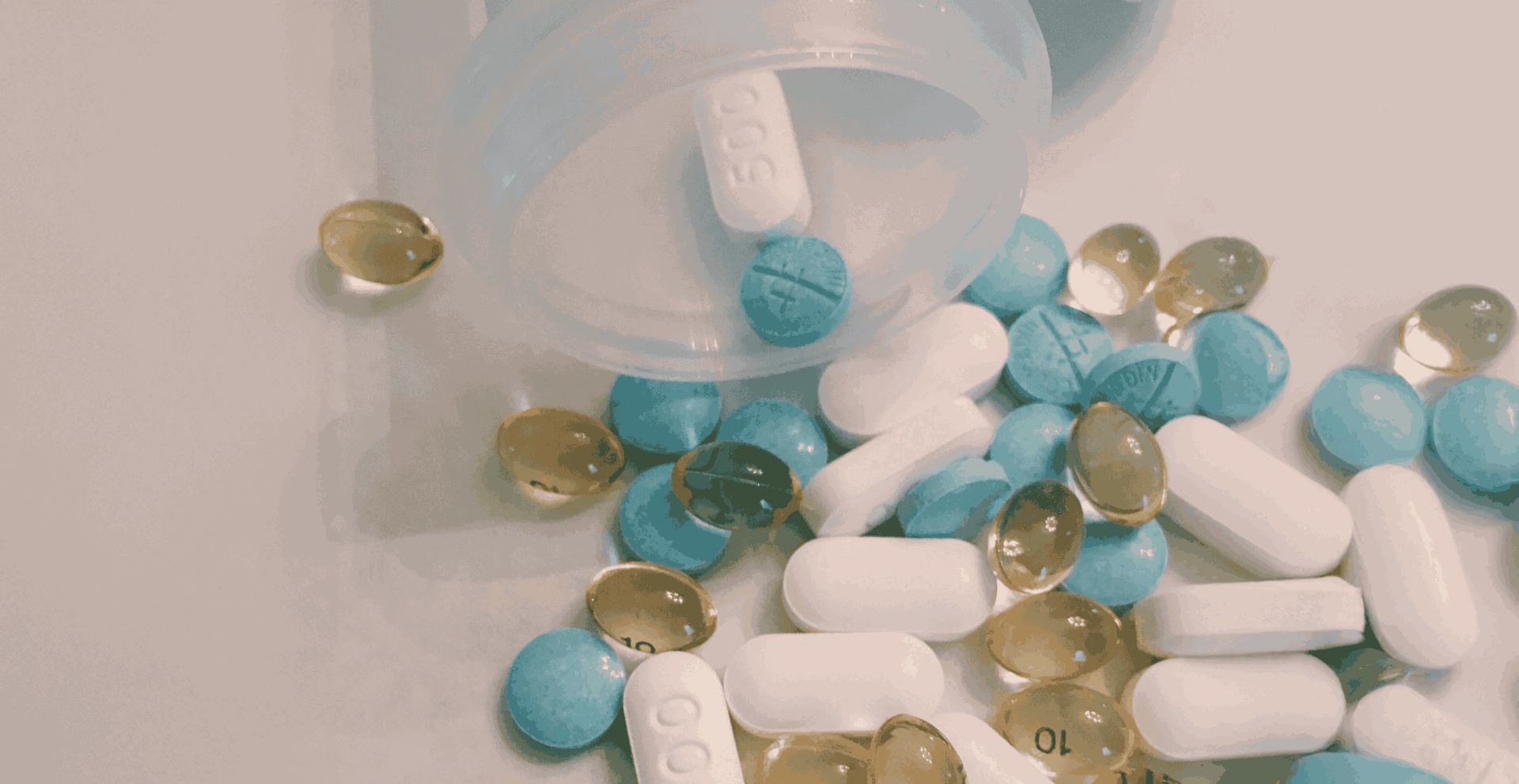How Your Psychiatrist Can Help With Brain Fog After Trauma
Trauma can have a profound impact on the brain, leading to various symptoms including brain fog and depression. In this article, we will delve into the relationship between trauma, brain fog, and depression, and explore the potential benefits of Transcranial Magnetic Stimulation (TMS) therapy as a treatment option.
The Impact of Trauma on the Brain
• Trauma can disrupt brain functions, affecting areas such as the amygdala, hippocampus, and prefrontal cortex.
• The amygdala's hyperactivity during trauma can keep individuals in a constant state of anxiety, leading to heightened senses and increased stress responses.
• Trauma memories stored in the hippocampus can cause vivid flashbacks and hinder the formation of new memories.
• The prefrontal cortex, responsible for regulating emotions, can become hyperactive, leading to emotional dysregulation and intense and unpredictable emotions.
Brain Fog and Depression
• Trauma can cast a fog over the mind, making it challenging to concentrate, make decisions, and process information.
• Depression often co-occurs with trauma, leading to symptoms such as fatigue, lethargy, and cognitive difficulties.
• Brain fog, fatigue, and disorientation are common symptoms of depression, exacerbated by sleep-related problems
TMS Therapy as a Potential Treatment Option
• Traditional treatments like Cognitive Behavioral Therapy (CBT) may not always be sufficient for trauma-related brain fog and depression.
• Transcranial Magnetic Stimulation (TMS) therapy is a non-invasive and FDA-cleared treatment option for depression that has shown promising results.
• TMS therapy uses magnetic pulses to stimulate specific areas of the brain involved in mood regulation, promoting neuroplasticity and improving symptoms.
• TMS therapy can indirectly benefit trauma survivors by stabilizing mood, reducing emotional reactivity, and enhancing overall well-being.
• TMS therapy is often used in conjunction with other therapies and requires a comprehensive approach to trauma treatment.
“Trauma, including one-time, multiple, or long-lasting repetitive events, affects everyone differently. Some individuals may clearly display criteria associated with posttraumatic stress disorder (PTSD), but many more individuals will exhibit resilient responses or brief subclinical symptoms or consequences that fall outside of diagnostic criteria.” – National Library of Medicine
Trauma & MDD: How Are They Often Linked
Major Depressive Disorder (MDD) frequently accompanies individuals who have undergone trauma and received a diagnosis of PTSD. There is a firmly established cause-and-effect connection between stressful events and depression. Moreover, a history of MDD before exposure to significant trauma is indicative of a higher likelihood of developing PTSD (Foa et al., 2006).
Transcranial Magnetic Stimulation (TMS) therapy proves to be a valuable intervention for individuals grappling with Major Depressive Disorder by employing a targeted and non-invasive methodology. Through the application of electromagnetic pulses to specific brain regions associated with mood regulation, such as the prefrontal cortex, TMS aims to modulate neural activity. This modulation contributes to the promotion of neuroplasticity, enabling the brain to reorganize and form new connections, thereby addressing the neurobiological factors underlying MDD.
Additionally, TMS aids in the restoration of disrupted neural connectivity commonly observed in depression, influencing synaptic strength and neurotransmitter function to foster a more balanced and functional neural network. By enhancing mood regulation and stabilizing emotional control, TMS therapy offers a positive impact on overall mood. Notably, TMS is a non-invasive and well-tolerated procedure with a low-risk profile, making it a suitable option for individuals who may not respond well to traditional antidepressant medications or those seeking alternative treatments.
Particularly effective for treatment-resistant depression, TMS therapy serves as an adjunct to other therapeutic approaches, creating a comprehensive and tailored treatment plan for individuals with MDD. It is essential to undergo a thorough assessment by a mental health professional, including a psychiatrist, to determine the appropriateness of TMS therapy within an individualized and holistic treatment strategy.
Understanding the Biological Aspects of Trauma and How We Can Help
Knowledge is a powerful tool in the journey toward healing, and as local mental health clinic, Friendswood Psychiatry and TMS can provide you with insights into the physiological aspects of trauma and the ways we can address them collaboratively.
Here's What You Can Expect
Physiological Reactions to Extreme Stress: Reexperiencing events, hyperarousal, sleep disturbances, and other physical symptoms are natural responses to extreme stress. We can guide you in understanding these reactions as physiological responses, empowering you with knowledge about the connection between your mind and body.
Comprehensive Treatment for Well-being: Treatment encompasses more than addressing psychological symptoms; it extends to enhancing your overall well-being. Through therapies, meditation, exercise, diet, and possibly other avenues, we can work together to improve both psychological and physiological aspects. In cases with severe symptoms, we recommend a thorough evaluation and, if necessary, prescribe psychotropic medication to support your recovery.
Exploring Traumatic Stress Symptoms: Our discussions will delve into traumatic stress symptoms and their physiological components. This exploration serves as a foundation for tailoring our approach to meet your unique needs.
Addressing Links with Substance Use: If applicable, we will openly discuss the connections between traumatic stress symptoms and potential substance use disorders, ensuring a comprehensive understanding of your situation.
Normalization of Trauma Symptoms: It's crucial to recognize that trauma symptoms are not a reflection of weakness, character flaws, damage, or a descent into madness. Together, we will normalize these manifestations, fostering an environment of acceptance and understanding.
Unwavering Support and Hope: Throughout our journey together, I want you to know that you are not alone, not at fault, and recovery is not only possible but anticipated. Our clinic will provide unwavering support and instill hope in your path to healing.
In Conclusion
Recovering from trauma and its associated symptoms, including brain fog and depression, is a complex journey. However, with the right support and treatment, healing is possible. TMS therapy offers a non-invasive and innovative approach to address the challenges faced by trauma survivors.
If you or someone you know is struggling with trauma-related brain fog and depression, it may be beneficial to explore TMS therapy as a potential treatment option. Schedule a consultation with a reputable clinic like Friendswood Psychiatry and TMS to learn more about how TMS therapy can help you regain control of your mental well-being.
Cited Sources:
National Library of Medicine, Trauma-Informed Care in Behavioral Health Services
https://www.ncbi.nlm.nih.gov/books/NBK207191/

HELPFUL LINKS
SCHEDULE A CONSULTATION
It's important to know that you are not alone. You can get help with depression today!
WE SUPPORT MENTAL WELLNESS
- Depression
- Anxiety
- ADHD
- OCD
- Adjustment Disorders
- Life Transitions
- Autism Management
- Binge Eating Disorders
- Smoking Cessation







